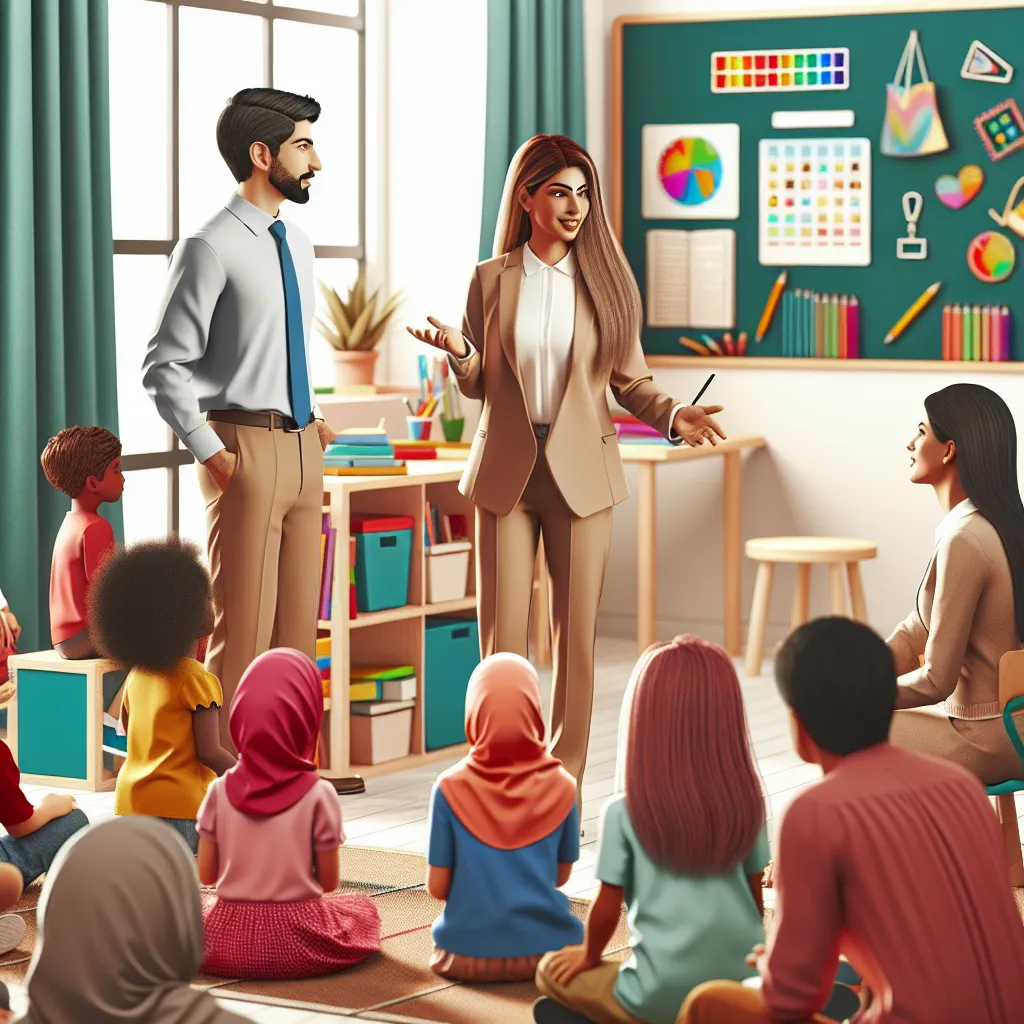Ask AI on The Internet
Question: .1 The following passage is taken from an interview with a school principal. The interview was conducted as part of a study on parental involvement in township schools. Read the principal’s response below and answer the questions that follow. Most learners reside with extended families, mostly grandparents. In most cases, these learners need parental love which they cannot get from these relatives. Sometimes their attitude and behaviour towards these learners traumatises them to the extent that they do not see any reason to go to school. At times they are made to regard the assistance rendered to them as a favour, and not an obligation. They are regularly informed that their biological parents are incapable of taking care of them, often resulting in behavioural problems that hamper their ability to learn. Many of them are absent-minded, often secluded, prefer to be alone and sad, and do not share their problems with others in the classroom (Munje & Mncube, 2018, p.85). 3.1.1 Identify four challenges that children face while residing with extended families. (8)3.1.2 Describe three circumstances that make children reside with extended family members instead of their biological parents. (6) 3.1.3 State two ways the challenges you identified in question 3.1.1 might influence the children’s development. (4) 3.1.4 What should be done to improve the lives of the children described in the passage? State two solutions. (4)
### 3.1.1 Identify four challenges that children face while residing with extended families. 1. **Lack of Parental Love:** - Many children reside with their grandparents or other extended family members who may not be able to provide the same emotional support and parental love that biological parents can provide. This lack of emotional support can lead to feelings of neglect and abandonment. 2. **Negative Attitudes and Behaviour:** - The attitude and behaviour of some extended family members towards these children can be traumatic. These negative interactions may make the children feel unwelcome or like a burden on the family. 3. **Perception of Assistance as a Favour:** - Children are often made to feel that the care and support they are given by their extended families are favours rather than obligations. This can contribute to feelings of insecurity and worthlessness. 4. **Behavioral Problems:** - The negative comments made by extended family members about their biological parents being incapable can lead to behavioural problems in children. This can hamper their ability to learn, leading to absenteeism, seclusion, and sadness. ### 3.1.2 Describe three circumstances that make children reside with extended family members instead of their biological parents. 1. **Parental Incapability:** - Biological parents might be unable to take care of their children due to various reasons such as financial instability, mental health issues, addiction problems, or physical health conditions. 2. **Parental Absence:** - In some cases, one or both biological parents might be deceased or otherwise unavailable (e.g., imprisonment, migration for work) which necessitates that the children are taken care of by extended family members. 3. **Family Disintegration:** - Circumstances such as divorce or separation might leave the children in a situation where extended family members step in to provide care and stability. ### 3.1.3 State two ways the challenges you identified in question 3.1.1 might influence the children’s development. 1. **Emotional and Social Development:** - The lack of parental love and the negative attitude of extended family members can result in emotional trauma, leading to issues like low self-esteem, depression, and difficulty forming trustful relationships. This can impact their social interactions and the ability to build healthy relationships in the future. 2. **Academic Performance:** - Behavioral issues stemming from these challenges can affect a child’s ability to focus and perform well in school. Absenteeism and lack of participation in the classroom due to their emotional state can lead to poor academic performance and disengagement from the learning process. ### 3.1.4 What should be done to improve the lives of the children described in the passage? State two solutions. 1. **Counseling and Support Services:** - Providing counseling and mental health services to children can help them cope with emotional distress and improve their psychological well-being. Schools can partner with psychologists and social workers to offer regular counseling sessions and support groups for these children. 2. **Parental Training and Support Programs:** - Implementing training programs for extended family members (like grandparents) to educate them on the importance of emotional support and positive parenting can help improve the care environment for the children. These programs can provide strategies to nurture and emotionally support the children, ensuring they feel valued and loved. These interventions can help create a more supportive and understanding environment for children, promoting better emotional health and academic success.
Think your answer is better than the AI's? Post it below.
Other Most Relevant Posts:
 Understanding and Addressing Challenges Faced by Children in Township Schools: An Interview with a School Principal
Understanding and Addressing Challenges Faced by Children in Township Schools: An Interview with a School Principal
Question Tags
If you want your question answered by an AI, click here.






Post your own comment: